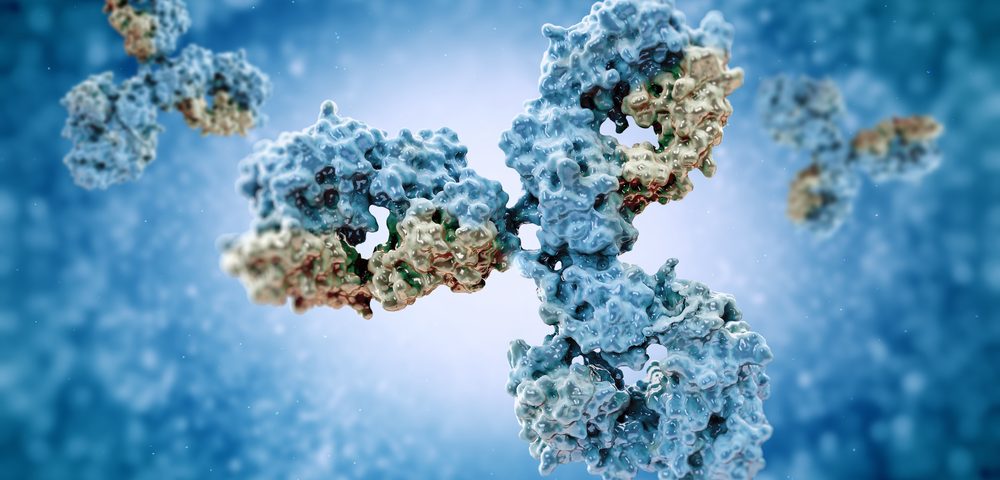CT-P13, a biosimilar of Remicade (infliximab), is safe and effective for the treatment of inflammatory bowel disease (IBD), a study suggests.
The study, “Infliximab biosimilar CT-P13 is effective and safe in treating inflammatory bowel diseases: a real-life multicenter, observational study in Italian primary inflammatory bowel disease centers,” was published in Annals of Gastroenterology.
Remicade works by blocking tumor necrosis factor alpha (TNFα), a signal molecule that drives inflammation. The medicine itself is an antibody, which puts it in a class of therapeutics called biologics — essentially, medications made with the use of living cells. These are unlike other medicines that can be chemically synthesized.
Biologics, unsurprisingly, can be pretty expensive, which is where biosimilars come in. Biosimilars are basically the generic drug equivalent of biological medicines. They are intended to be structurally similar to biologics and have the same effect. However, by offering competition to brand-name biologics, biosimilars can drive down costs for patients.
This study examined the safety and efficacy of a biosimilar of Remicade, called CT-P13, which is made by Celltrion Healthcare for the treatment of IBD.
Researchers reviewed medical records for IBD patients — 96 with ulcerative colitis (UC) and 45 with Crohn’s disease (CD) — who were treated with CT-P13 at several Italian care centers.
With a median of two years of follow-up, disease remission was achieved in 55 (57.3%) UC patients and in 34 (75.6%) with CD. Additionally, a clinical response of any kind was achieved in 84 (87.5%) UC patients, and in 38 (84.4%) of those with CD. Mucosal healing was achieved by 75% of those with UC, and 84.2% of those with CD. There was no significant difference in these rates between UC and CD patients.
“CT-P13 seems to work as well as the originator [Remicade] and better than other anti-TNFα medications such as adalimumab [Humira] and golimumab,” the researchers said.
“Of course,” they added, “these comparisons must be made with appropriate reservations, since the populations enrolled are not the same, with different follow-up periods and different percentages of patients previously exposed to anti-TNFα.”
The researchers also noted that patients were significantly more likely to respond to CT-P13 if they had not been treated with an anti-TNFα agent, if they were over 40 years old, and if they had comorbidities, or other diseases. The reasons for these associations — particularly older age, which is usually linked with worse responses to treatment — remain unclear and will require further research to understand, the investigators said.
Among the study group, 22 individuals already in remission on Remicade were switched to CT-P13 without affecting remission. This supports the idea that switching to a biosimilar to avoid high costs is feasible. However, the researchers recommend caution in interpreting this finding, given that it includes a very small sample size of people who were in remission before switching over.
In terms of safety, only one adverse effect — an allergy-like skin reaction at the first injection, which led to treatment discontinuation for the individual — was reported in the entire study group.
“This large real-life cohort study from primary Italian IBD centers shows that biosimilar IFX [Remicade] CT-P13 is as effective and safe as the originator IFX in managing IBD outpatients. Longer real-life studies are needed to confirm the possibility of switching from IFX originator to IFX biosimilar without any loss of efficacy and safety,” the researchers concluded.

